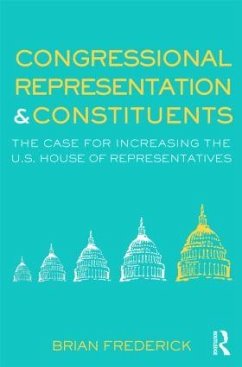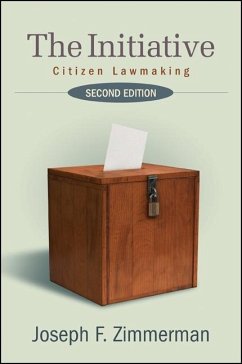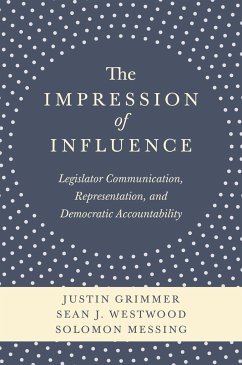
Breaking the Political Glass Ceiling
Women and Congressional Elections
Versandkostenfrei!
Versandfertig in 1-2 Wochen
60,99 €
inkl. MwSt.
Weitere Ausgaben:

PAYBACK Punkte
30 °P sammeln!
With the most comprehensive data that exists on women and congressional elections, Palmer and Simon explore the American "political glass ceiling" - how incumbency, strategy and redistricting effect the success of women candidates for Congress.














